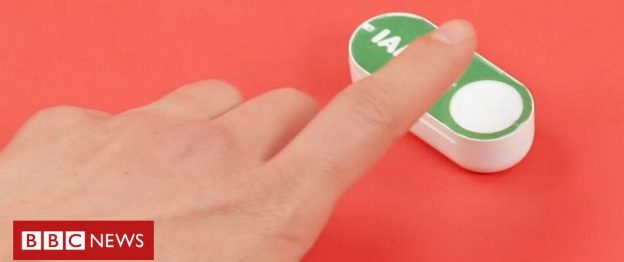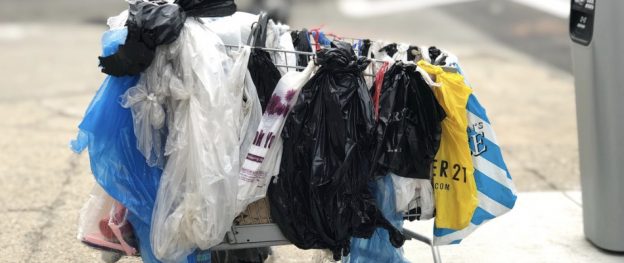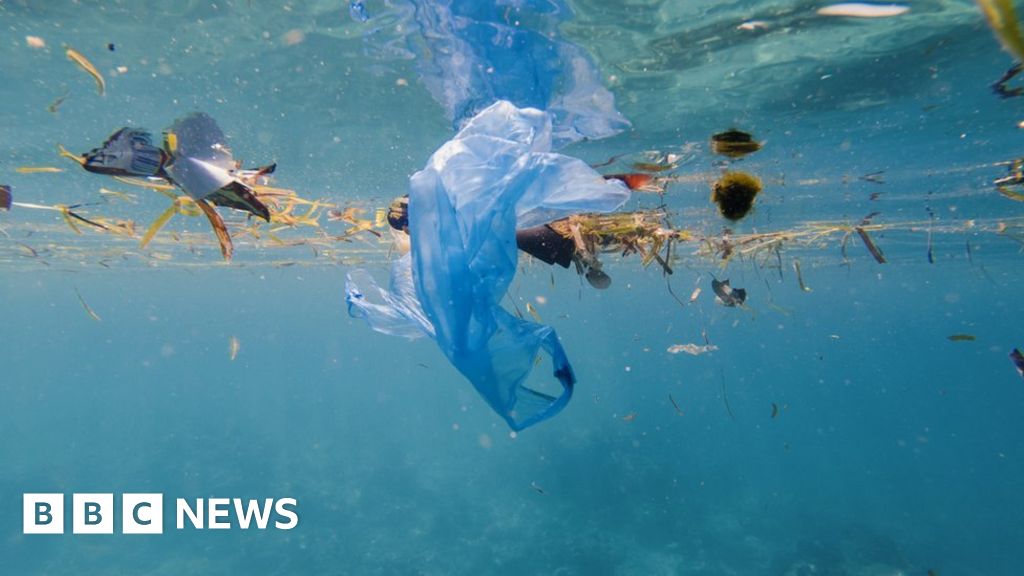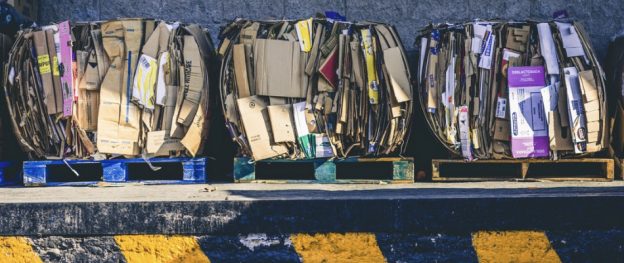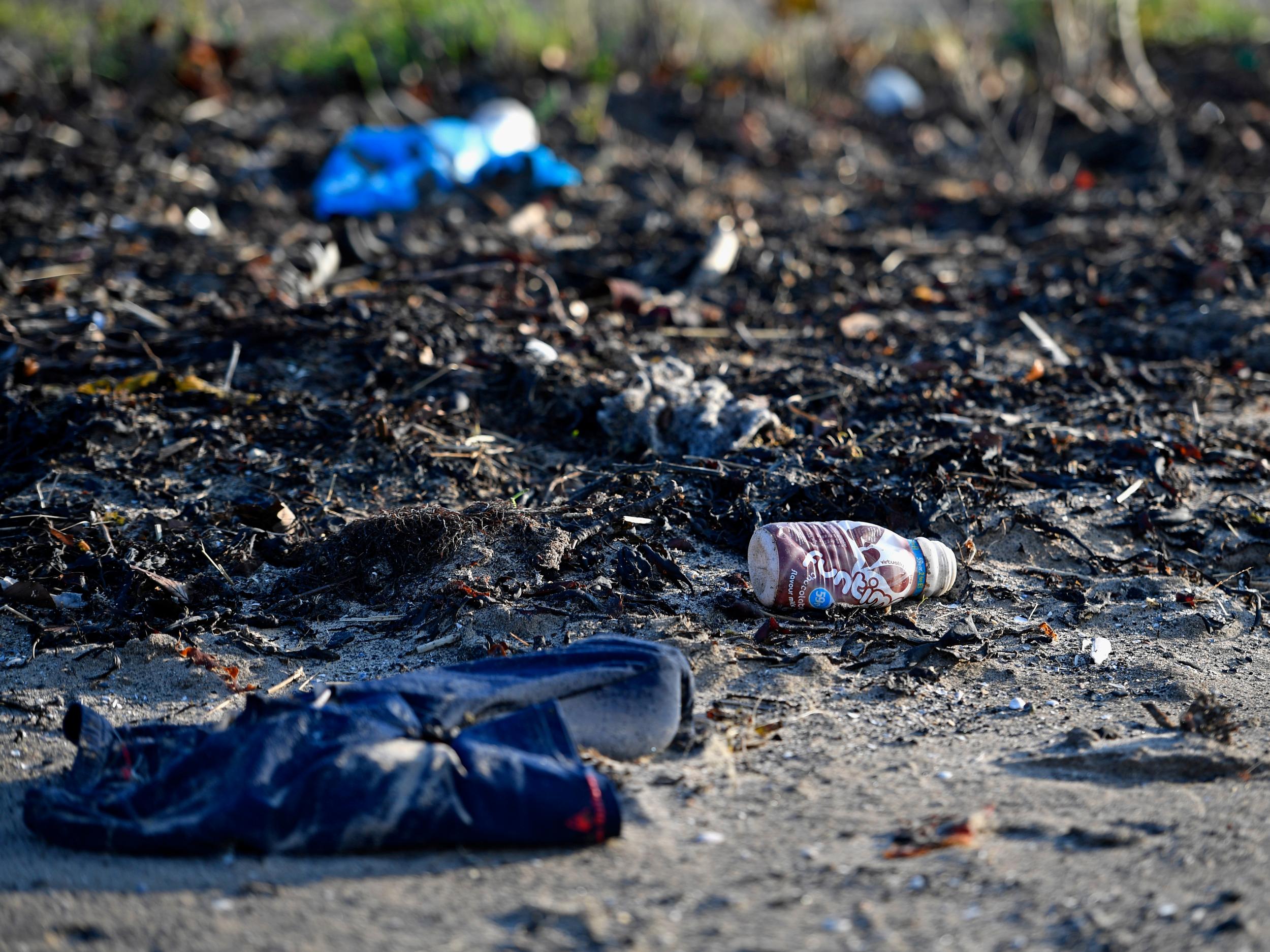We did not set Vesta up with the idea of generating game-changing data sets to help our customers innovate – it just turned out that way (if that’s not the best Startup humblebrag of 2021, I really do want to see it). Our ultimate objective was to provide enough data about the supply chain to improve efficiency and eliminate the need for plastic. Absurd humblebragging aside, we really didn’t think what could happen if companies knew who had their products, how they used them and how much they had left.
We outlined the core elements of data-enabled services in the last blog, but will discuss these in a bit more detail here:
Personalisation at scale. FMCG/CPG have been talking personalisation for as long as I’ve worked in this space and like 99% of innovation in this space it was really talking about digital marketing. Or in other how to serve ads targeted to demographically defined groups of people. What we’re talking about here is an evolution beyond that. Offering services defined by a deep and behavioural understanding of interaction with your products. Do they use a lot of chili when they cook? Are they heavy-handed with the fabric softener? Have they been using a lot more moisturiser when the weather has been cold? The objective in a Vesta-enabled world is no longer to simply stay front of mind when someone is walking around the supermarket. It becomes about helping people to get the best of your products for them.
Adherence and support. We had a relatively recent brief from a group talking about immune-suppressant drugs prior to transplant. Putting Vesta into this supply chain helps remind people to take the right amount, and provides the medical professionals with data to assure themselves that the chance of rejection is minimised. It provides insurance companies with confidence to underwrite the process. When we think about other treatments, especially for chronic conditions, the potential is seemingly limitless.
Efficiency. We talk about efficiency in supply chains, but what about with products themselves? What do you do with the last bit in the bottle? When will my product be out of date? Do I even want more of this? Vesta targeted removing waste in the supply chain, but we’ve already seen we can go further. We helped a trialist understand they could save electricity costs AND CO2 emissions by using their dishwasher later in the day.
I hope this series has been interesting and that it might spark some more ideas. If any of those ideas would benefit from a conversation with Vesta, please get in touch through our contact page or direct through LinkedIn.

